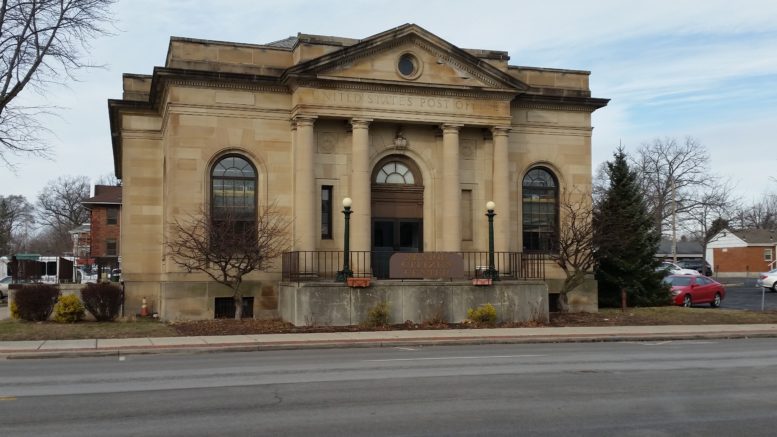(Submitted by BG AAUW Branch and Wood County Committee on Aging)
The Great Decisions Lecture Series 2018 is being presented by the BG AAUW Branch and the Wood County Committee on Aging. The series will be held at the Wood County Senior Center, 305 N. Main St., Bowling Green.
Manuals are $25, but are not required). All sessions are free and open to the public
Advanced registration is encouraged by calling 419.353.5661 or 1.800.367.4935 or e-mail: programs@wccoa.net
The lecture series will be held on Saturdays, Jan. 20 to Feb. 24, from 9:30 – 11 a.m. The lectures will be facilitated by Bowling Green State University professors This series is co-sponsored by the American Association of University Women and the WCCOA Inc. Dates and topics are subject to change.
- Jan. 20: The waning of Pax Americana – Dr. Ben Greene. Since 1945, Pax Americana has promised peaceful international relations and an open economy, buttressed by U.S. military power. In championing “America First” isolationism and protectionism, President Trump has shifted the political mood toward selective U.S. engagement, where foreign commitments are limited to areas of vital U.S. interest and economic nationalism is the order of the day. Geopolitical allies and challengers alike are paying close attention.
- Jan. 27: Russia’s foreign policy – Dr. Neal Jesse. Under President Vladimir Putin, Russia is projecting an autocratic model of governance abroad and working to undermine the influence of liberal democracies, namely along Russia’s historical borderlands. How does Putin conceive of national interests, and why do Russian citizens support him? How should the United States respond to Putin’s foreign policy ambitions?
- Feb. 3: US Global Engagement and the Military – Dr. Marc Simon. The global power balance is rapidly evolving, leaving the United States at a turning point with respect to its level of engagement and the role of its military. Some argue for an “America First” paradigm, with a large military to ensure security, while others call for a more assertive posture overseas. How does the military function in today’s international order, and how might it be balanced with diplomatic and foreign assistance capabilities?
- Feb. 10: Media and Foreign Policy – Dr. Arpan Yagnik. State and non-state actors today must maneuver a complex and rapidly evolving media landscape. Conventional journalism now competes with user-generated content. Official channels of communication can be circumvented through social media. Foreign policy is tweeted from the White House and “fake news” has entered the zeitgeist. Cyberwarfare, hacking and misinformation pose complex security threats. How are actors using media to pursue and defend their interests in the international arena? What are the implications for U.S. policy?
- Feb. 17: South Africa’s Fragile Democracy – AAUW. The African National Congress (ANC) party has governed South Africa since the end of apartheid in 1994. But the party today suffers from popular frustration over official corruption and economic stagnation.
- Feb. 24: Global Health – Dr. Amilcar Challu. The collective action of countries, communities and organizations over the last 30 years has literally saved millions of lives around the world. Yet terrible inequalities in health and well being persist. The world now faces a mix of old and new health challenges, including the preventable deaths of mothers and children, continuing epidemics of infectious diseases, and rising rates of chronic disease. We also remain vulnerable to the emergence of new and deadly pandemics. For these reasons, the next several decades will be just as important—if not more so—than the last in determining well being across nations.
Registration is required due to limited seating. You will be contacted if a program is canceled due to inclement weather.

